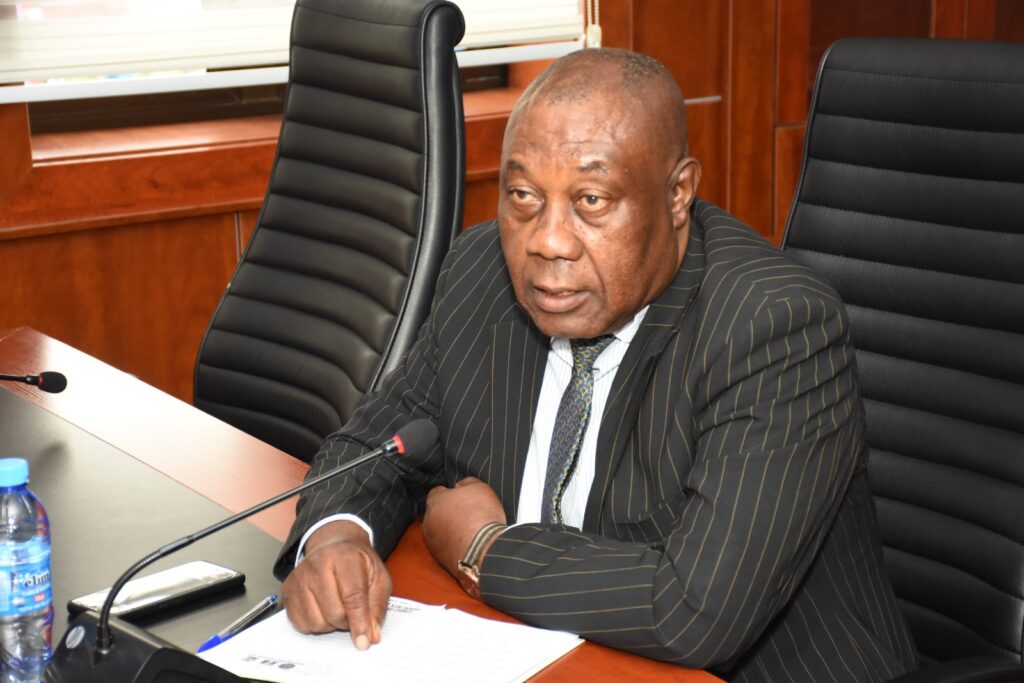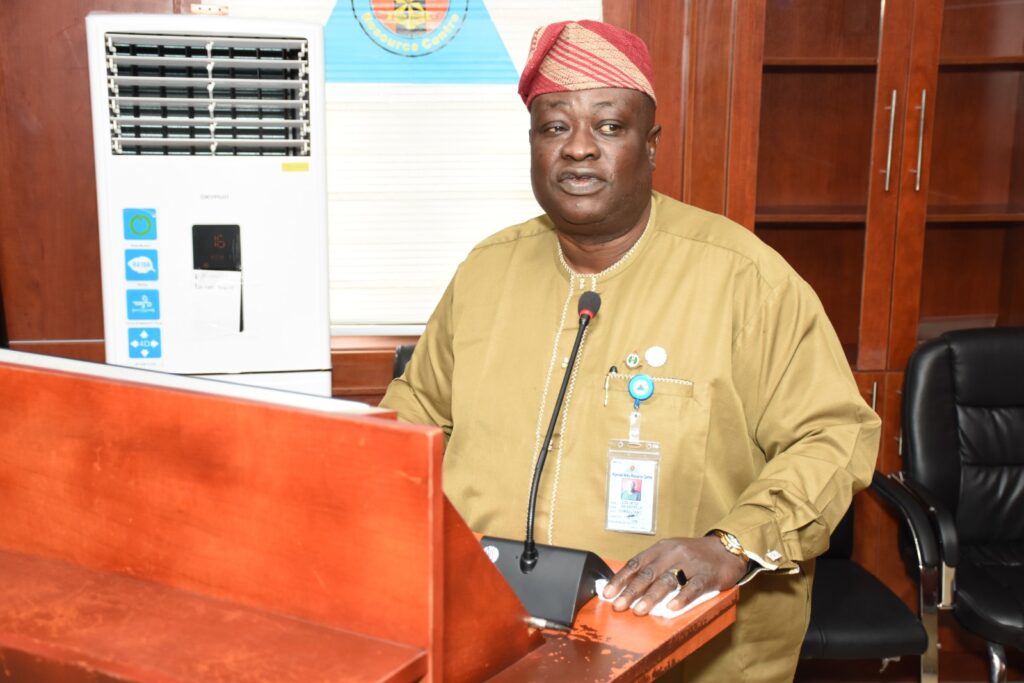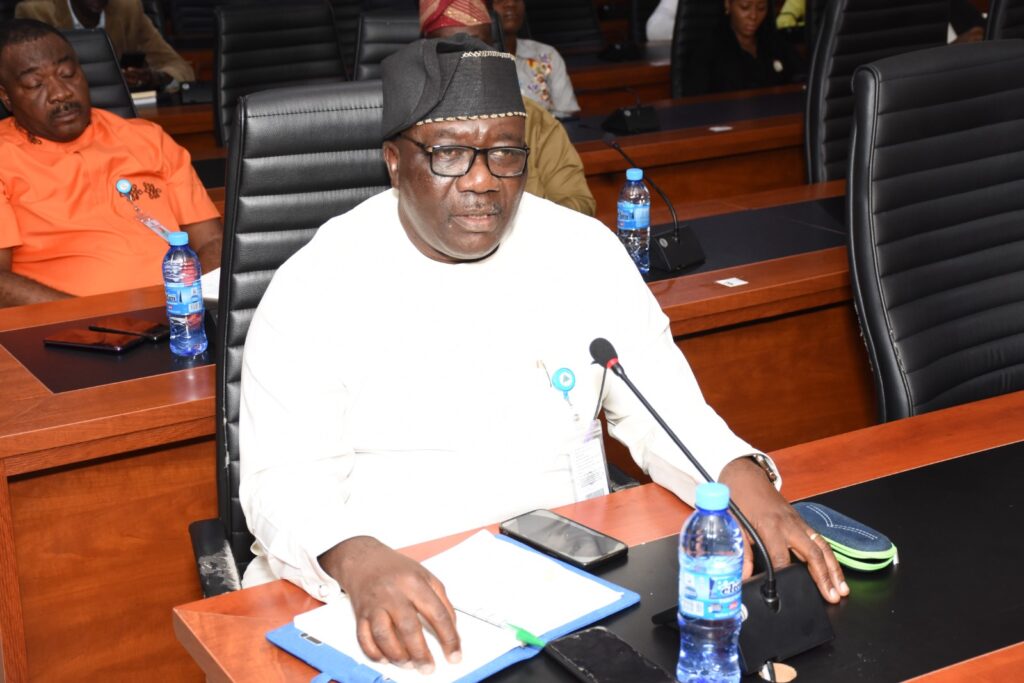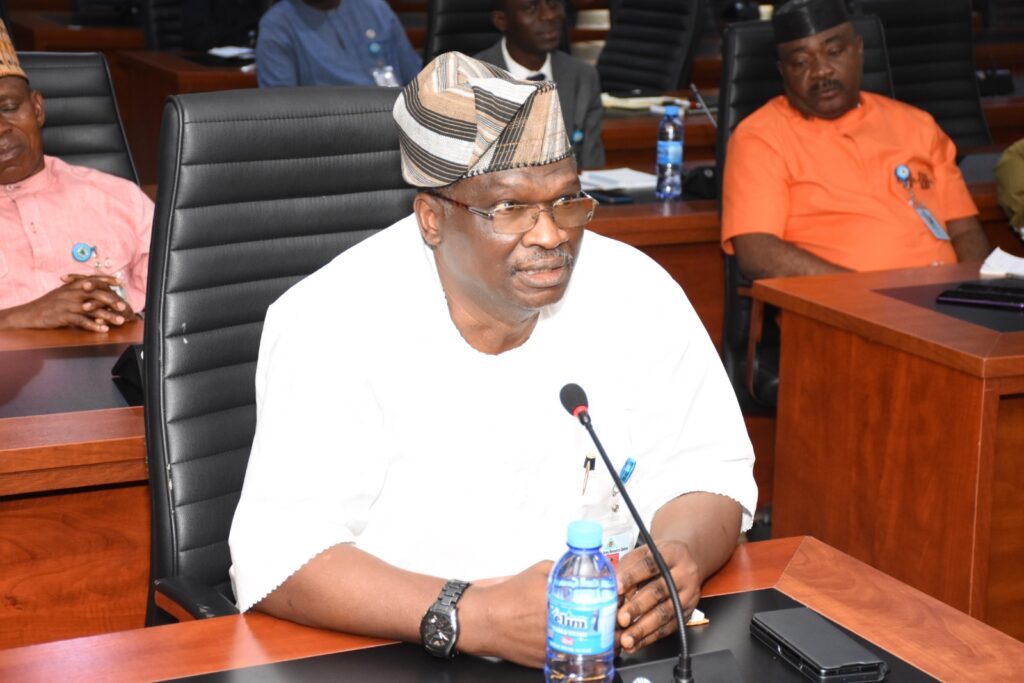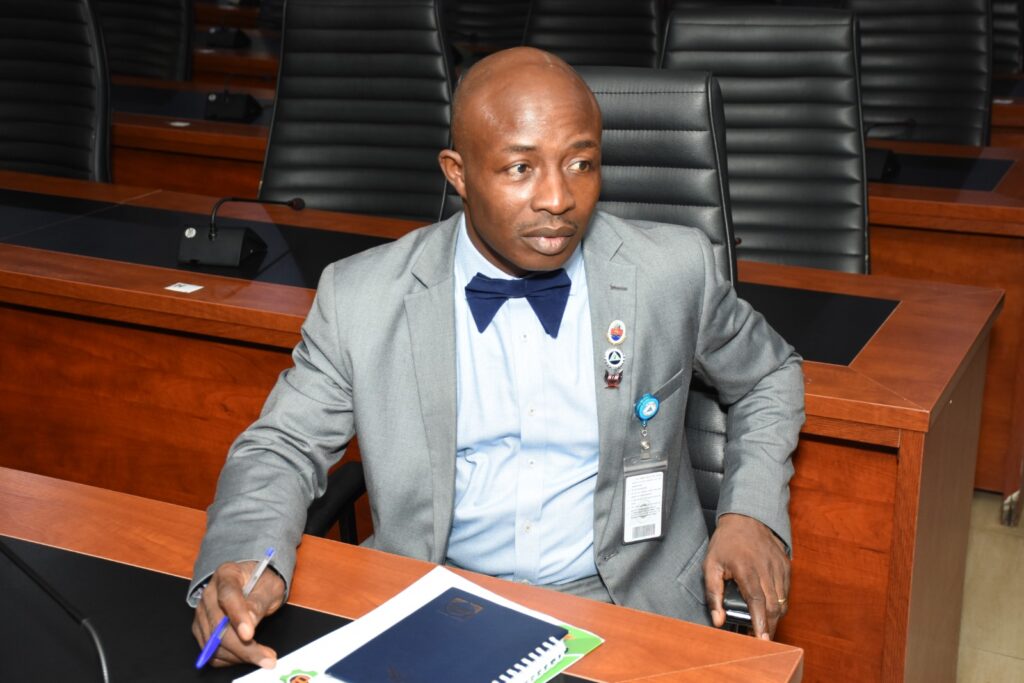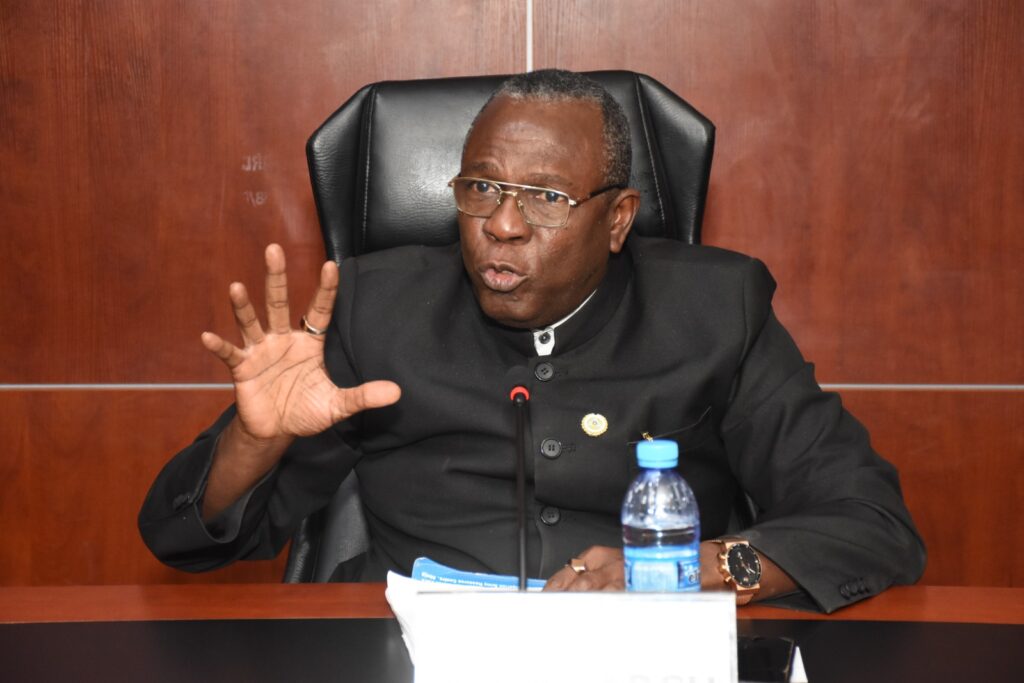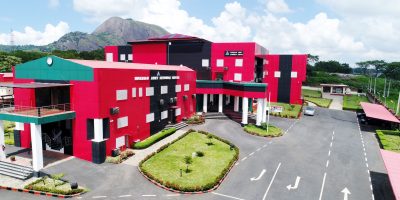Today’s edition of the Nigerian Army Resource Centre (NARC) Weekly Subject Experts’ Presentation was held at Hall C, TY Buratai Block, Abuja. There were four presentations made by the Subject Experts covering the Republic of China and South Africa.
The first Presentation was by Maj Gen JA Orokpo (Rtd) subject expert in China. His presentation focused on how China banned Japanese seafood after Fukushima’s toxic wastewater release. China’s Foreign Minister Spokesman, Wang Wenbin said, “The government of Japan has defied the serious concerns and resolute opposition of the International Community. It has insisted on announcing that the discharge of contaminated water from Fukushima will start on August 24, It is blatantly transferring the risk of nuclear contamination to the whole world and putting its selfish interest above the long-term well-being of all humankind”. China has pointed out on many occasions that ocean discharge is not the safest or most prudent option to dispose of contaminated water. Japan ignored the call not to discharge and started releasing over one million tons of wastewater said to contain radioactive tritium into the Pacific Ocean which made China respond with a ban on all kinds of seafood from Japan.
In his analysis and Lessons for Nigeria, Gen JA Orokpo (Rtd) stated that Nigeria has been a destination for the illegal dumping of toxic waste, including electronic waste, industrial chemicals and medical waste. Criminal organizations often exploit regulatory loopholes and corrupt officials to dispose of hazardous materials in Nigeria, as it is cheaper and less regulated than in many developed countries. Toxic waste disposal in Nigeria poses significant challenges to national security due to its environmental, health, economic and social implications and addressing this issue requires government and citizen’s commitment to safeguard the well-being and security of the nation.
He recommended that the National Orientation Agency increase efforts at public awareness educate citizens on the dangers of toxic waste and collaborate with neighbouring and other African countries to address the incessant dumping of waste on the African continent. He added that the government should develop proper e-waste management infrastructure, including a recycling programe.
The second presentation was by Col OR Akerele (Rtd) subject expert in South Africa. His presentation discussed how BRICS invites 6 nations to expand its membership Nigeria is not included, BRICS is an economic development bloc consisting of five countries namely Brazil, Russia, India, China and South Africa. It was founded on 16 June 2009 at the margins of the 61st United Nations General Assembly (UNGA) in New York, United States of America and held its first summit on 16 June 2009 in Yekaterinburg, Russia. Consequently, BRICS denotes a body of emerging and developing economies seeking to create a new world order. Furthermore, considering Nigeria’s place as Africa’s third leading economy behind South Africa and Egypt, it is expected that Nigeria will be among the new countries whose membership takes effect from 1 January 2024.
In his analysis and Lessons for Nigeria, Col OR Akerele (Rtd) noted that this is expected to pave the way for her support and possible admission as a member in future. Nigeria’s GDP of $255 million in q2 2023, placed the country as the third largest economy in Africa behind South Africa and Egypt in the same period. It was also imperative for Nigeria’s regional groups and neighbours to unite and form a novel economic alliance towards international cooperation. Furthermore, Nigeria may need to create sub-regional and continental partnerships that will guarantee governance by acceptable rules, norms and policies.
He recommended that the Federal Ministry of Agriculture should continue to collaborate with local and international research institutes, organizations and foreign governments especially Saudi Arabia, UAE and China to adopt new technologies for the production of seeding for improved agriculture production and exports and the Federal Ministry of Internal and Foreign Affairs should collaborate to evolve policies to boost Nigeria’s image abroad to attract potential investors.
